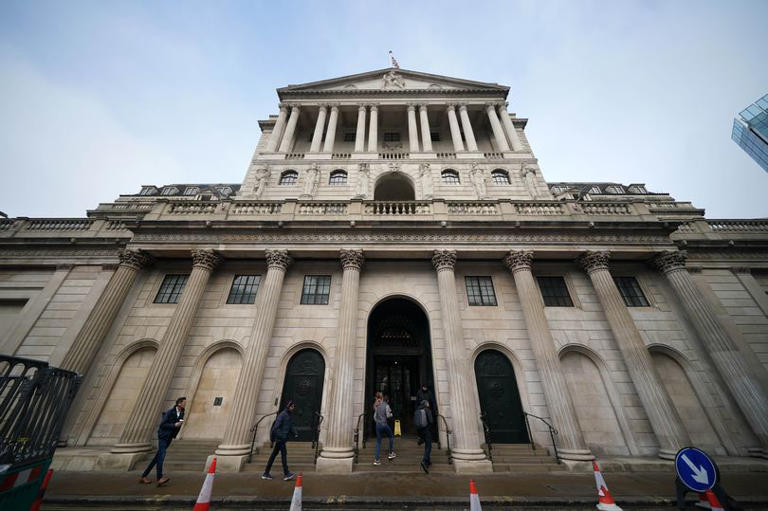Table of Contents
ToggleBank of England’s Performance: A Critical Evaluation
“Discover the inner workings of the Bank of England’s performance with this engaging story. Uncover the strengths and weaknesses of the central bank’s operations, offering valuable insights into its handling of recent economic challenges. From forecasting inaccuracies to communication shortcomings, explore the factors influencing the Bank’s effectiveness and public perception. Dive into expert recommendations aimed at improving transparency and decision-making processes, shedding light on the path forward for this influential financial institution.
Whether you’re a finance enthusiast or simply curious about economic policies, this meta description provides a comprehensive overview of the Bank of England’s performance. Join us as we analyze its successes, failures, and potential reforms, offering a deeper understanding of its role in shaping the UK’s economy. Get ready to embark on a journey through the complexities of central banking and gain new perspectives on the challenges facing one of the world’s oldest and most respected monetary authorities.”

Bank of England’s Performance: A Critical Evaluation
The Bank of England, as a cornerstone of the UK’s economic stability, has come under scrutiny for its handling of recent economic challenges. In this blog post, we’ll take a closer look at the Bank’s performance, examining its successes, shortcomings, and proposed reforms.
Assessing the Situation
In recent years, the Bank of England’s forecasting abilities have come into question. Its economic models have been criticized for their inaccuracies, while its communication with the public has left much to be desired. These issues have been particularly evident in the face of the coronavirus pandemic and subsequent economic crises.
Ben Bernanke’s Review
The Bank’s decision to enlist the expertise of Ben Bernanke, former head of the US Federal Reserve, for a comprehensive review of its decision-making processes speaks volumes about the gravity of the situation. Bernanke’s report, while measured, does not pull any punches. It identifies a range of problems within the Bank’s operations and offers detailed recommendations for improvement.
Key Recommendations
Bernanke’s recommendations touch on various aspects of the Bank’s operations. From the need to update its economic models to the importance of clearer communication with the public, the report outlines a path toward greater effectiveness and transparency.
Challenges and Solutions
One of the primary challenges highlighted in Bernanke’s report is the Bank’s reliance on outdated methodologies and assumptions. By modernizing its approach to forecasting and decision-making, the Bank can better navigate the complexities of the modern economy.
Communication Breakdown
Another area of concern is the Bank’s communication with the public. Bernanke stresses the importance of providing clear, timely information to help the public understand the rationale behind the Bank’s decisions. By improving transparency and accessibility, the Bank can build trust and confidence among stakeholders.
Learning from Mistakes
It’s essential to acknowledge that forecasting errors are not unique to the Bank of England. However, the frequency and severity of these errors suggest systemic issues that need to be addressed. By learning from past mistakes and implementing Bernanke’s recommendations, the Bank can strengthen its ability to anticipate and respond to economic challenges effectively.
Looking Ahead
While Bernanke’s report doesn’t offer a silver bullet solution, it does provide a roadmap for improvement. By taking decisive action on his recommendations, the Bank of England can position itself for greater success in the years to come.
Conclusion
In conclusion, the Bank of England’s performance has been called into question in recent years, prompting a thorough review by Ben Bernanke. While the challenges facing the Bank are significant, they are not insurmountable. By heeding Bernanke’s recommendations and embracing a culture of continuous improvement, the Bank can fulfill its mandate of promoting economic stability and prosperity for all.
ALSO READ: